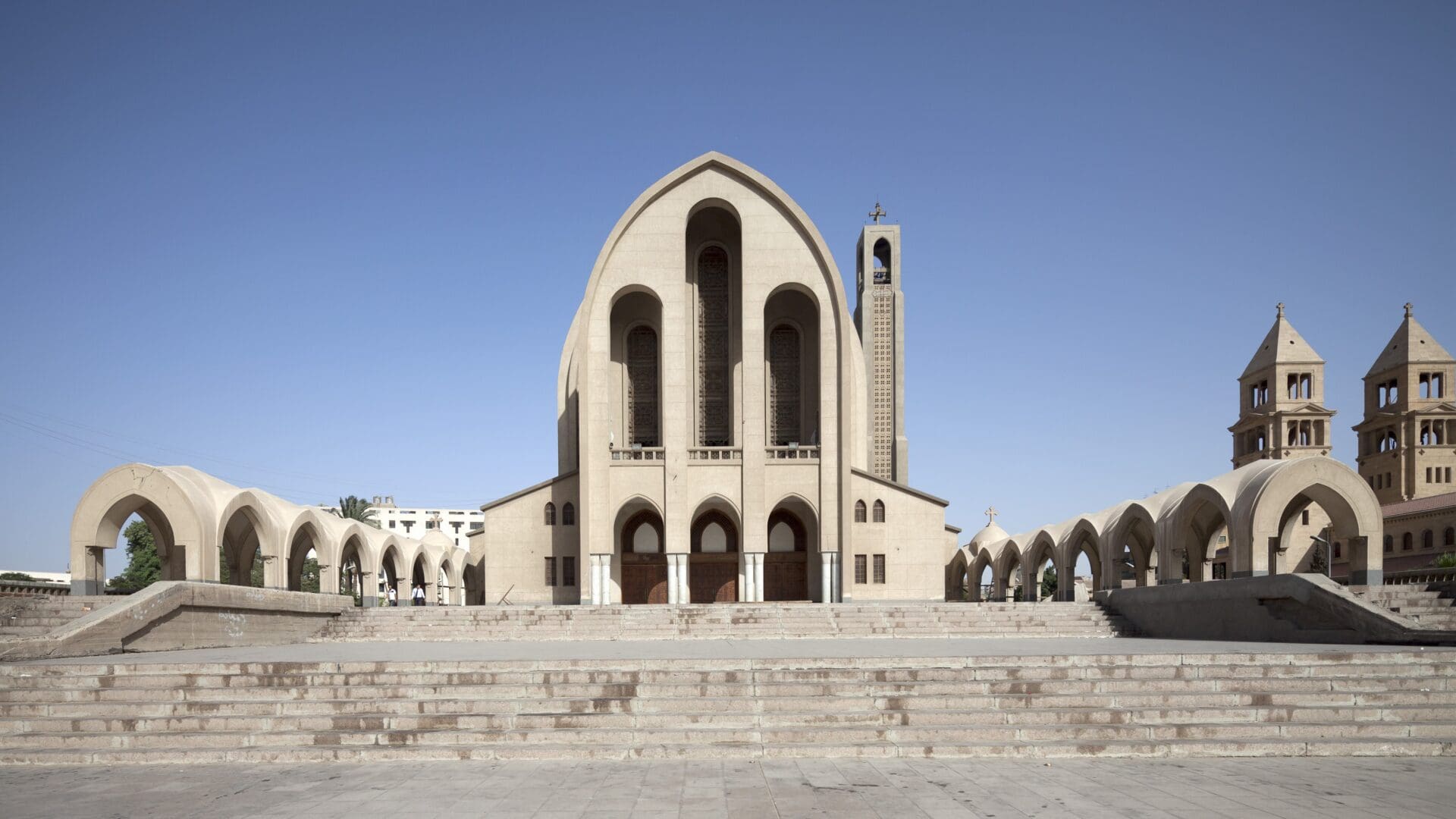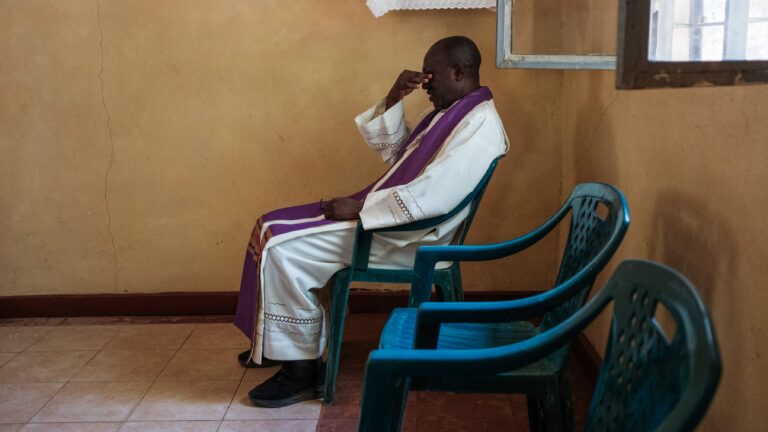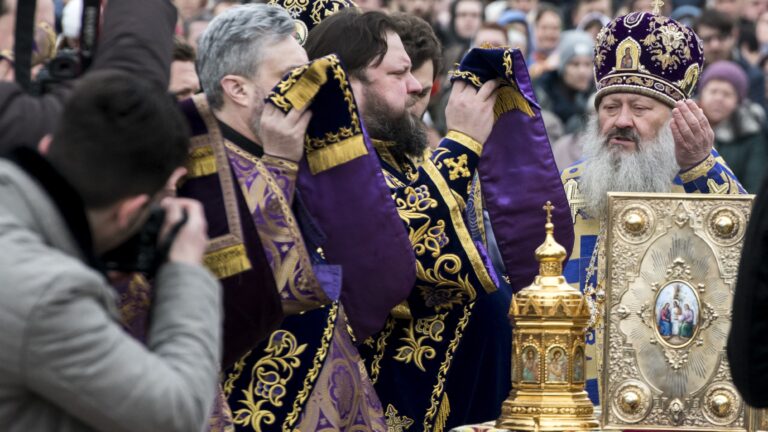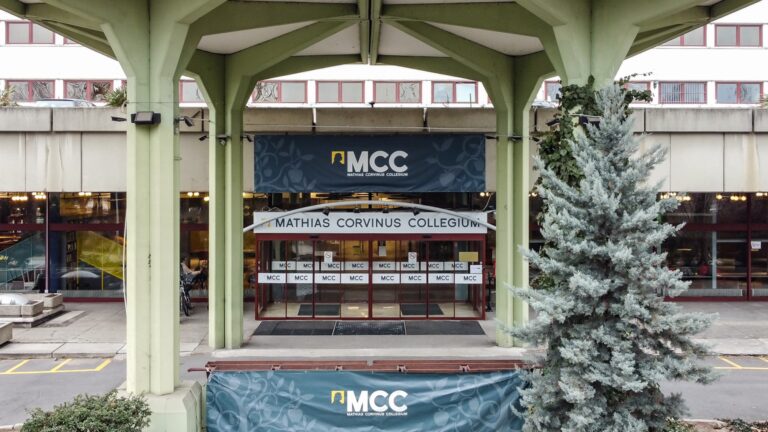Egypt and Hungary both consider the preservation of cultural heritage to be of paramount importance, and in this regard, the North African country sets a very good example, Minister of Culture and Innovation János Csák stated after his talks in Cairo.
The minister held discussions with Neveen Youssef Mohamed Al-Kilany, the Egyptian Minister of Culture, in the capital city of the Arab country on 4 March.
Following his meeting, Csák told MTI that Egypt’s cultural heritage is extremely diverse, encompassing not only the era of the pharaohs but also the significant parts represented by the Coptic Christian Church and today’s predominantly Muslim Egypt. ‘In Egypt, attention is paid to the preservation of every important monument from antiquity to modern times. The Cairo government is making great efforts to ensure that Christians can live in peace in the country and to stem the spread of violence often attributable to religious differences,’ Csák remarked. He added that
the Cairo government intends to restore all the sites of the Egyptian journey of the Holy Family and incorporate them into the Holy Family Trail Christian pilgrimage route.
Csák emphasized that in the country with a still rapidly growing population everything is being done to ensure that the rising generations can enjoy the opportunities provided by the educational and cultural institutions. ‘I held talks with Mohamed Ayman Ashour, Minister responsible for higher education and scientific research, on Sunday, and also met with the head of the Ministry of Public Education and National Education,’ said Csák, noting that the two administrations share a similar mindset regarding culture, which, like the Hungarian government, the Egyptian government also understands as a way of life, a way of thinking, and a worldview. As he expressed, Egypt is also seeking to create a university system that responds appropriately to the present age and is therefore establishing new higher education institutions.
‘They encourage foreign universities to bring their training to Egypt. British, American, and Chinese universities are setting up campuses here, and these are functioning well, albeit fee-paying. The Egyptian government showed appreciation of the Hungarian university model change,’ Csák added.
He also mentioned that the importance of talent development was discussed at all of his meetings, including the one he had with Prime Minister Mostafa Kamal Madbouly on Sunday. ‘We talked about the financing system of science and universities, and according to the plans, we will jointly launch courses that will grant both Egyptian and Hungarian degrees,’ he shared.
He emphasized that irrigation farming and the development of weather-resistant varieties also came up in connection with agricultural production. He noted that irrigation is a major problem in Egypt, so several universities, including ELTE and the University of Debrecen, have signed agreements on relevant research programmes.
Csák participated in and delivered a speech at the Hungarian–Egyptian Rectors’ Conference in Cairo on Sunday. The minister, who referred to the long-standing Hungarian archaeological presence in Egypt as a good example of cooperation spanning many decades, also visited the sites of previously well-known Hungarian archaeological excavations.
Related articles:
Sources: Hungarian Conservative/KIM/MTI








